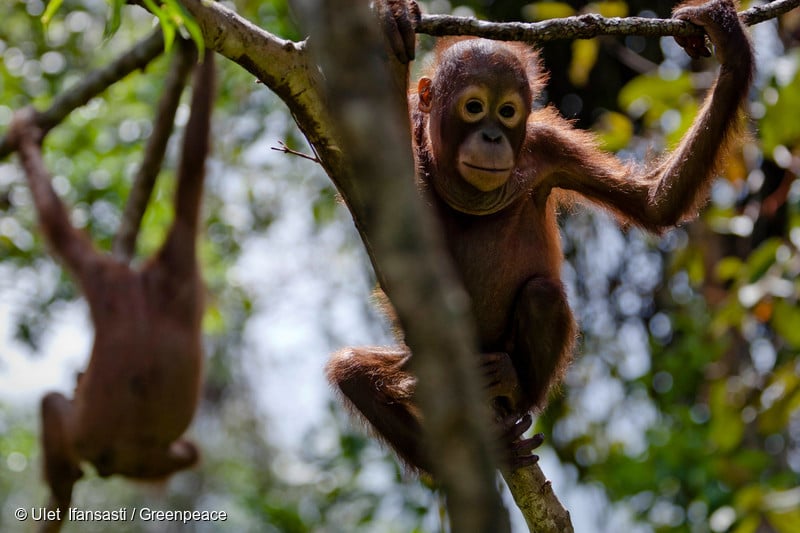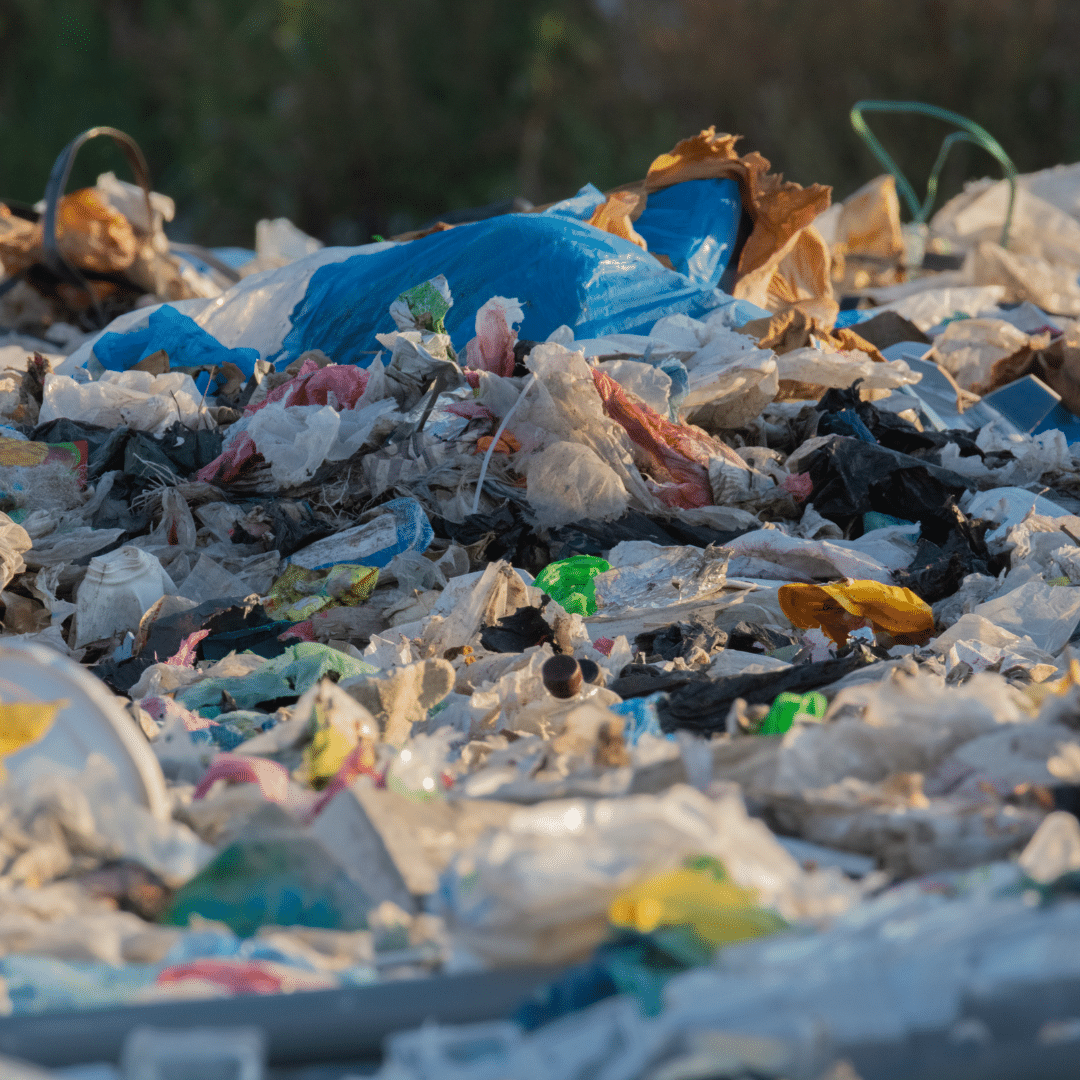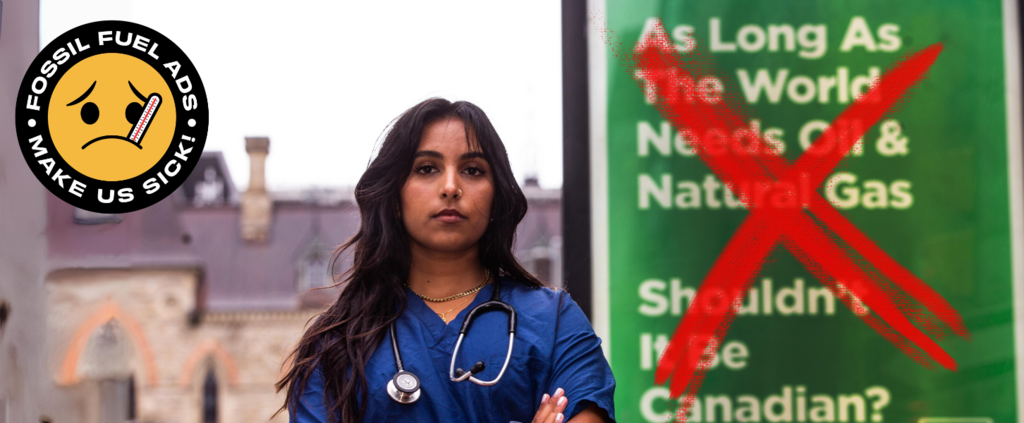- DEN Enews
- Posts
- DEN Enews
DEN Enews
Second Week of Easter
Welcome to the DEN Enews


April 18th - Christ Church, Dartmouth -7 pm
The April 18th Climate Cafe marks the start of the third year of the monthly Climate Cafe at Christ Church. The Cafe is a safe and relaxed place and time to talk about our feelings about the climate crisis and climate emergencies. Sometimes there is laughter, sometimes tears - and everything in between. Participants come from both the church community and the community at large. All are welcome.
In May we are offering our first Climate Cafe Facilitator training program.The training will be conducted by the Climate Cafe co-leaders, David Paterson (teacher) and Nancy Blair (climate psychotherapist.) The training is free; individuals must have attended at least one Climate Cafe before they can participate in training. For information: contact Nancy Blair, [email protected]

Everyone is invited to join DEN for the People's Parade for Life on Earth April 20 at 2 pm (rain date: April 21) at Sackville Landing on the Halifax Waterfront.
If you can, wear something green. (Clergy might want to wear their shirt and collar.)
Email: [email protected] to let us know that you are coming or just show up at the last minute and bring family and friends.

For more SOOF events, please see: https://mailchi.mp/b62b9db63064/soof-newsletter-sunday-april-7?e=fbcc1c5e66
Kairos Atlantic
Let's get together - in person! Zoom has its benefits, but it will be good to be together in person. (mask or no mask)
If you, and/or someone at your church, cares about addressing the climate crisis, social justice, human rights for all, and would like to know more about KAIROS, come to a potluck lunch!
Shannon Neufelt, KAIROS national staff for member relations and network coordinator, will be in Halifax. She will join us for a lunch time potluck and conversation - Wednesday April 10th.
Come to the kitchen at St Andrew's United Church, 6036 Coburg Rd., Halifax.
Bring food to share at the table by 12:30 pm.
Shannon will lead a discussion about the justice work KAIROS groups are engaged in across the country. We'll share our justice work, concerns and questions as we get ideas from each other.

Hartlen Point is Nova Scotia’s top bird observation site (300+ species have been observed), is in Canada’s top ten and the only site in Canada’s top 49 not protected. The Department of National Defence (DND) intends to build a land-based testing facility at Hartlen Point. Construction of the facility will destroy important protection, feeding and resting grounds for thousands of migratory birds. Site selection took place before public consultation was initiated, utilized outdated and incomplete studies, ignored independent expert bird studies, and did not consider the impact on lobster fisheries. This parliamentary petition calls on Parliament to pause all construction and further development of the land-based testing facility at Hartlen Point until an independent impact assessment is done plus proper consideration of alternative sites including re-purposing of existing DND facilities. Please note we only have until April 14 morning

With thanks to Eva Evans & Jesse Hamilton
Dirty palm oil threatens communities and wildlife around the world. Fires and deforestation for palm oil plantations causes severe respiratory illnesses for hundreds of thousands of people plus destroying valuable wildlife habitat. Palm oil imports to Canada are up a massive 1,600% in the past 20 years. There is a trade deal underway with Indonesia, the world's largest producer of palm oil for Canada to import EVEN MORE! Please sign the petition to halt the trade deal. Tell the Minister of Trade Mary Ng to shut the door to dirty palm oil in this deal and instead support Canadian farmers choosing ecological alternatives.
The global plastics treaty negotiations are being held April 23-29 in Ottawa. This is an opportunity for Canada and the world to end unnecessary plastic pollution by agreeing that there must be limits on global plastic production, and by taking responsibility for the plastic waste we produce. A recent survey by Greenpeace International covering 19 countries concluded that 8 in 10 people supported cutting plastic production. It also indicated overwhelming public backing for measures aimed at ending single-use plastics and promoting reuse-based solutions. This petition is a chance for Canadians to ask our country to commit to reduction targets for primary plastic production, to ban the export of plastic waste, and to show leadership by standing for the environment and human health.
From the Amazon and Indonesia to the Congo River Basin, our rainforests are nature’s strongest weapon against climate change and a cornerstone of our planet's health. Deforestation continues to drive these vital areas to a point of no return. Last year, countries pledged to protect 30% of nature by 2030. This petition is about pushing that pledge to action. It means setting solid targets, ending harmful subsidies, bolstering protected regions, and crucially, strengthening the autonomy of Indigenous communities. We all benefit from these forests and we can globally ask wealthy governments to stick to their promises and businesses to use their power responsibly in the fight against deforestation.
Fossil fuel companies have been lying about climate change for years, threatening lives and our planet to protect their own profits. They spend millions every year blanketing the airwaves and social media making false claims at our expense. We can stop the disinformation and greenwashing in its tracks. A private member's bill tabled by New Democrat MP Charlie Angus, Bill C-372, would ban the promotion and advertising of fossil fuels just like tobacco advertising is banned. This bill will either pass or get killed, and right now we have a window to add public pressure. Fossil-fuel pollution is directly linked to up to 34,000 premature deaths in Canada per year and over 8 million globally. Join in with other Canadians who are sick of lies and disinformation from the oil and gas industry being allowed.

with thanks to Claudia Zinck
Toilets
Here is a topic you don’t hear people talk about often; “We got a new toilet!”
Most people need to replace a unit at some point. Few have the 1970 model, a mint green bathroom fixture. Yep, that is mint green (thank goodness I didn’t choose the yellow or purple).
The new white standard model arrived. It isn’t fancy. We decided we couldn’t afford the new sustainable models I had seen. Conserving water is important.
The first thing we noticed was that the new toilet was quiet. That quiet came from the pump not coming on every time the toilet was flushed.
That got me thinking, “Why?”
My new unit uses 4.3 litres of water. Google says the 1970 version used 7 gallons or 26 ½ litres, approximately six times as much water.
Let’s say toilets are flushed 10 times a day. You know I love numbers, so let’s have some fun. 70 flushes a week on the new system uses 301 litres (79 gallons) compared to 1855 litres (490 gallons) on the old system.
Let’s skip the monthly average and go to yearly: 4,108 gallons on the new system compared to 25,480 gallons on the old system. That is a savings of 21,000 gallons of water.
That is a significant number without even having the new efficient models. I will be saving my underground aquifer quite a bit of water. Maybe this isn’t the “half flush” savings of the sustainable units but when you use a hand-dug well, come the middle of most Augusts, this will make a big difference.
Recycling
Remember, you can save your envelopes with your flyers, newsprint, box board, etc.




.png)